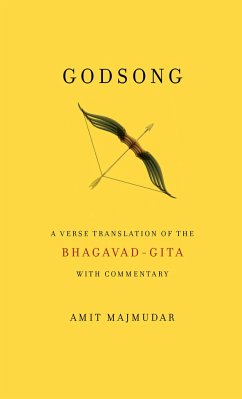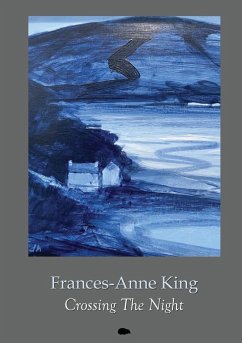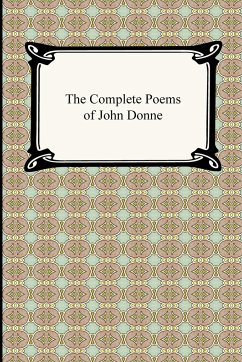
Lover's Gift and Crossing
Versandkostenfrei!
Versandfertig in 1-2 Wochen
18,99 €
inkl. MwSt.
Weitere Ausgaben:

PAYBACK Punkte
9 °P sammeln!
In the first part, Lover's Gift, the poet pleads to his beloved to walk in his garden and 'Pass by the fervid flowers that press themselves on your sight.' His beloved is also 'sweet to me as sleep is to tired limbs.' One comes across pining for the beloved as well as bountiful gifts. Moreover, the lover and beloved have the right to show abhiman (petulance) for each other. In Crossing, some of the poems possess a sense of religiosity and subtle feel of those in Gitanjali, the song offerings. 'You came to my door in the dawn and sang' makes you aesthetically feel the presence of the Almighty. ...
In the first part, Lover's Gift, the poet pleads to his beloved to walk in his garden and 'Pass by the fervid flowers that press themselves on your sight.' His beloved is also 'sweet to me as sleep is to tired limbs.' One comes across pining for the beloved as well as bountiful gifts. Moreover, the lover and beloved have the right to show abhiman (petulance) for each other. In Crossing, some of the poems possess a sense of religiosity and subtle feel of those in Gitanjali, the song offerings. 'You came to my door in the dawn and sang' makes you aesthetically feel the presence of the Almighty. And tired, the poet pleads, 'Pick up this life of mine from the dust.' The poet has hope when he says, 'I know that the flowers that fade in the dawn, / the streams that strayed in the desert, are / not altogether lost.' Here is a literary treat as Kaviguru takes you on an awakening endless journey of love, loss and spirituality.












